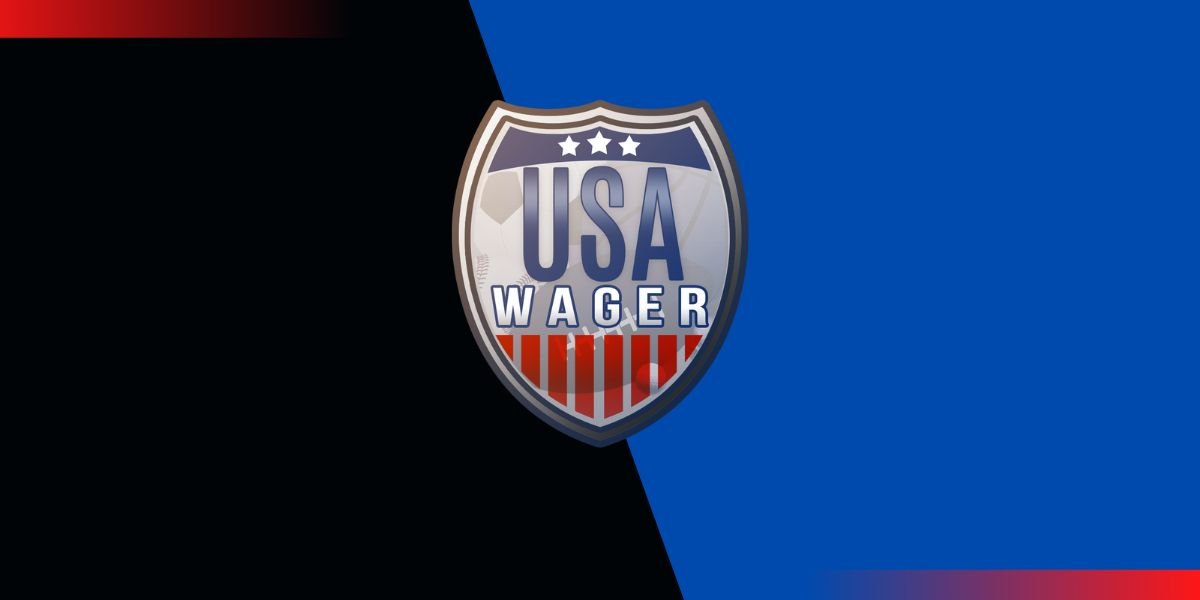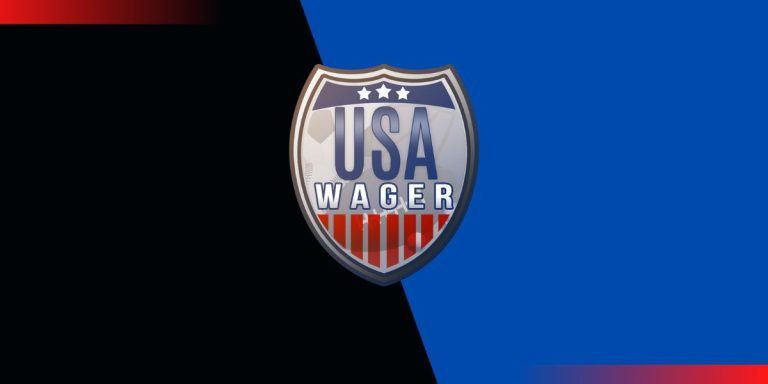Maverick Gaming Files Lawsuit Over Washington State Sports Betting
The spark that has fueled the intent for private suppliers in the gaming industry to fight for a stake in the states’ gambling and betting business has not ceased. And it’s not expected to be extinguished any time soon.
Washington’s Maverick Gaming LLC and its legal representation have filed a lawsuit to challenge the state’s ruling on betting and gambling. According to the private gaming supplier and its team of legal advisers, the state has continued to support tribal groups and their monopoly over different types of betting dynamics.
maverick Gaming LLC filed a lawsuit challenging Washington state’s ruling on gambling.Interests have clashed with a recent wave of sports betting legalization spreading across the US. Yet, these interests have also grown not just to determine which states allow sports betting but who is granted the right to pursue the endeavor within state boundaries.
Maverick’s Case for Breaking Down Tribal Monopoly
It was back in March 2020 when the Washington State Gambling Commission opened its legal framework to accommodate the inclusion of sports betting as a service. Yet, the terms were nothing but specific, which other private businesses like Maverick want to challenge.
According to Maverick Gaming LLC owner Eric Persson, the lawsuit, filed on Tuesday, is grounded based on reasonable demands. Persson believes the compact established between the state and tribal authorities has pretty much narrowed and granted tribal businesses the sole right to exploit sports betting and related gambling dynamics.
Persson has referred to the compact as a government right granted to tribal representatives to monopolize sports betting. However, he and other business providers are aiming to change this quickly.
Maverick’s owner pointed out that tribal groups have full ownership of different businesses linked to the gaming industry around the state. While their companies exceed the $2-billion mark, Persson claims Maverick’s operations are just above $50 million.
With this, Persson argues in favor of the case that Washington’s business grid is ample for multiple players to take part.
State’s Protection of Compact Terms
Although Persson is making a solid case, state representatives are still not convinced by the opposition’s argument. Moreover, to the executive director of the Washington Indian Gaming Association, Rebecca George, there is more at stake than just opening up the market.
To George, the state government has strategically developed and built the regulatory framework behind tribal compacts to protect the state and its citizens. Still, it’s not all just about the legal frameworks.
George added that if the compact were overturned, the state and federal criteria would also be challenged. In addition, to other state reps, the consensus of Washington state citizens might also be put into question.
Tribal compacts have been developed to protect the interests of tribal people and their marginalized status across different states.
The growth of private business interest on behalf of new players in the gaming industry will continue. Therefore, it is no surprise why the story between states and private organizations is expected to go on indefinitely.



